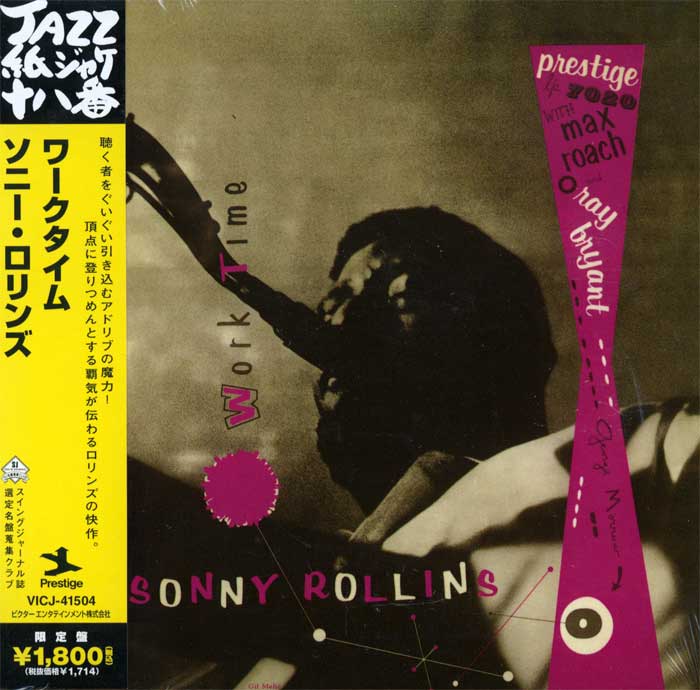
"Without a Song" and "The Bridge" on FebruProduction "Where Are You?", "John S." and "You Do Something to Me" recorded on February 13, 1962 "God Bless the Child" recorded on January 30, 1962
Harry "H.T." Saunders – drums (replaces Riley on "God Bless the Child"). " You Do Something to Me" ( Cole Porter) – 6:51. " God Bless the Child" ( Arthur Herzog Jr., Billie Holiday) – 7:27. " Where Are You?" ( Harold Adamson, Jimmy McHugh) – 5:10. " Without a Song" ( Edward Eliscu, Billy Rose, Vincent Youmans) – 7:26. It is also part of The Complete RCA Victor Recordings (1997). It has also been issued many times in other formats, for example as an audiophile LP with 45 rpm (Classic Records, 2000). It was relaunched in 1992 on CD by Bluebird/RCA/ BMG and remastered from the original master tapes for CD in 2003 for the Bluebird First Editions series. The album was re-released in 1976 in Japan and 1977 in the U.S. The album was inducted into the Grammy Hall of Fame in 2015. It is one of the albums for which the long-active and prolific Rollins receives his greatest praise. Tagged by AllMusic as "a near-classic", the recording was declared by Inkblot Magazine to be "one of the greatest albums from one of jazz's greatest musicians". If not a tremendous departure from Rollins' earlier style, the album was nevertheless quite successful. #ROLLINS WORKTIME ALLMUSIC FREE#
Rollins, who had been considered groundbreaking in his thematic improvisations, was supplanted in critical buzz by the growing popularity of Ornette Coleman's free jazz. Critical reception to the album, which was not the revolutionary new jazz approach many expected, was mixed.

His first recording after his return to performance took its name from those solo sessions. A resident of the Lower East Side of Manhattan with no private space to practice, he took his saxophone up to the Williamsburg Bridge to practice alone: "I would be up there 15 or 16 hours at a time spring, summer, fall and winter". In 1959, feeling pressured by the unexpected swiftness of his rise to fame, Rollins took a three-year hiatus to focus on perfecting his craft.
5.2.1 Production of the first CD Reissue, 1992.





 0 kommentar(er)
0 kommentar(er)
